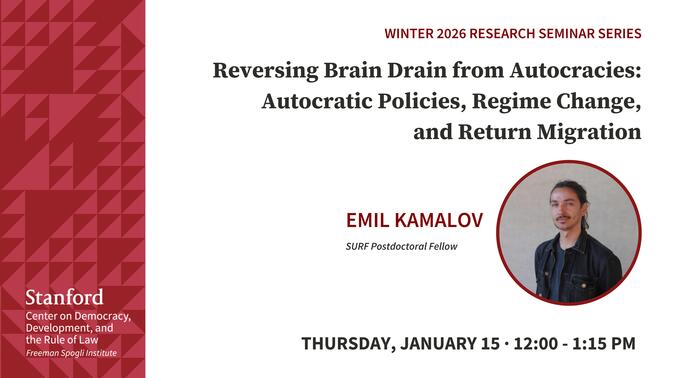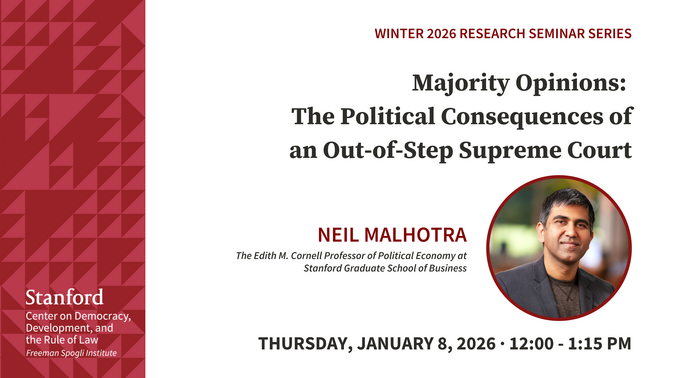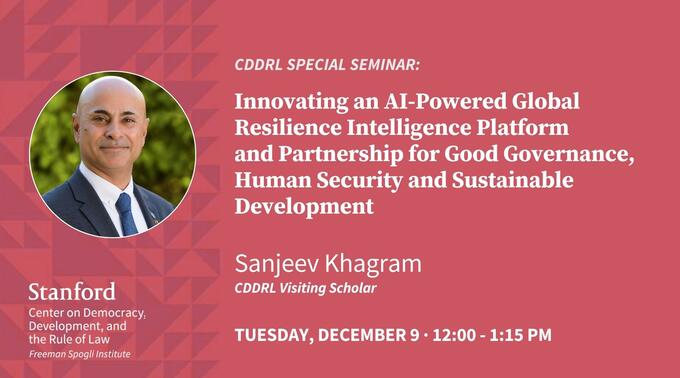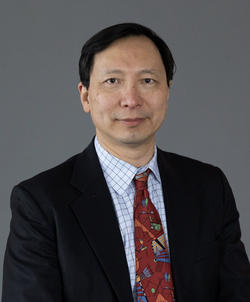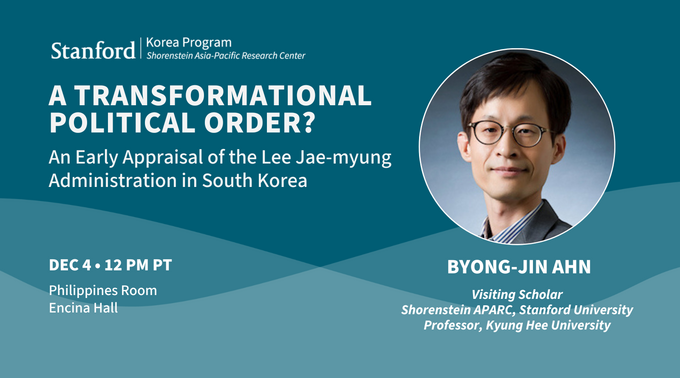Zehra F. Kabasakal Arat — Backsliding Democracy in Class and Identity Politics: A Human Rights Theory of Democracy
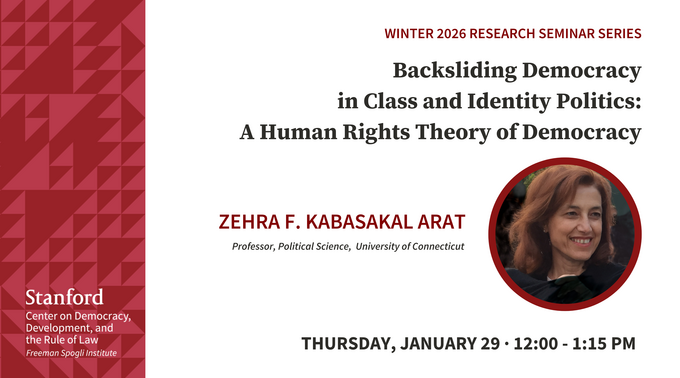
The instability of democracy, which used to be associated with developing countries, is now a global concern. Democratic principles and institutions are “backsliding” or under attack even in older, “established” democracies. In addition to trying to dismantle the institutional structure of democracy, elected authoritarian leaders and right-wing populist movements are employing discriminatory policies and rhetoric, targeting women, LGBT+ individuals, immigrants, and other marginalized groups. This seminar offers a comparative analysis of democratic decline during the Cold War and post-Cold War eras – periods characterized by class and identity politics, respectively. Noting the interconnection between human rights and democracy, it proposes a human rights theory of democracy that explains the decline of democratic systems by the gap between civil-political and social-economic rights. It highlights the pervasive influence of neo-classical and neoliberal economic paradigms as central factors driving this regression.
ABOUT THE SPEAKER
Dr. Zehra F. Kabasakal Arat studies human rights, with an emphasis on women’s rights, as well as processes of democratization, globalization, and development. She combines theoretical writings with empirical research – both qualitative and quantitative. Her publications include numerous journal articles and book chapters, as well as books: Democracy and Human Rights in Developing Countries (1991); Deconstructing Images of ‘The Turkish Woman’ (1998); Non-State Actors in the Human Rights Universe (2006); Human Rights Worldwide (2006); Human Rights in Turkey (2007, received Choice Award of Outstanding Academic Titles); The Uses and Misuses of Human Rights (2014). Her work in progress includes: human rights discourse and practices in Turkey since 1920s; women’s rights and neoliberalism; Intersectionality and Third World feminism; human rights norms; problems with tolerance as a human rights advocacy tool; the relationship between human rights scholars and NGOs; theorizing domestic politics of human rights. At UConn, she also contributes to the Human Rights program and the Women’s, Gender and Sexualities Studies.
She has served professional organizations in various capacities (e.g., Founding President, Human Rights Section of APSA, 2000-2001, and Chair, Human Rights Research Committee of IPSA, 2006-2012). Currently, she serves on the editorial boards of Human Rights Quarterly; International Feminist Journal of Politics, Journal of Human Rights, and Zeitschrift für Menschenrechte. She is also the editor of the book series “Power and Human Rights” by the Lynne Rienner Publishers. She is recognized by several awards, including the APSA Award of Distinguished Scholar in Human Rights (2010), SUNY Chancellor’s Award for Excellence in Scholarship and Creative Activities (2006), and the title of Juanita and Joseph Leff Distinguished Professor (Purchase College, 2006).
She has been engaged in human rights activism, as well, and is a founding member of the Women’s Platform for Equality (EŞİK) in Turkey.
Virtual to Public. If prompted for a password, use: 123456
Only those with an active Stanford ID with access to E-008 Conference Room in Encina Hall may attend in person.

